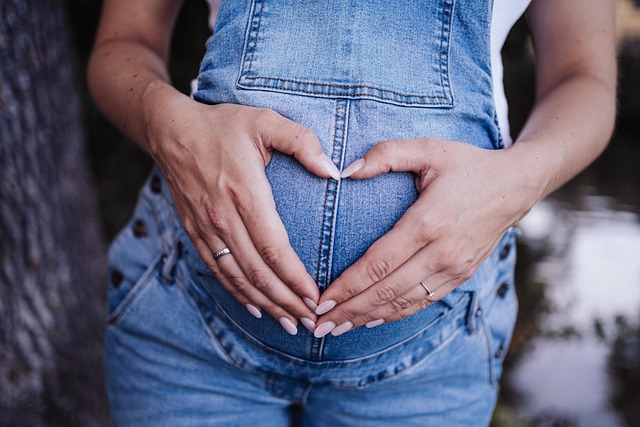When you embark on the journey of pregnancy, your health and that of your baby become paramount. One potential concern is listeria, a bacteria that can lead to listeriosis, an infection that poses risks during this crucial time. Below, we delve into what listeria is, how it can affect you, and the best ways to protect yourself.
What is Listeria and Listeriosis?
Listeria monocytogenes is the bacterium responsible for listeriosis, which can be contracted through the consumption of contaminated food. However, it’s important to note that not everyone exposed to listeria will develop an infection. In fact, most individuals, including pregnant women, will not experience any symptoms.
How Common is Listeria Exposure During Pregnancy?
The risk of listeria exposure is notably higher for pregnant women, making it crucial to understand potential sources. Foods such as sushi, raw or undercooked meats, deli meats, and unpasteurized cheeses are common culprits. During your first prenatal appointment, your healthcare provider likely emphasized avoiding these items to minimize your risk of infection.
The Risks of Listeria During Pregnancy
While listeriosis is rare, it can have serious consequences for pregnant women and their babies. If a pregnant woman contracts listeriosis, it can lead to complications such as miscarriage, premature birth, or severe illness in the newborn. Therefore, taking preventive measures is essential.
Symptoms of Listeriosis During Pregnancy
Signs of listeriosis can include fever, muscle aches, nausea, and diarrhea. If you suspect you’ve been exposed to listeria or are experiencing these symptoms, it’s critical to contact your healthcare provider for further evaluation and guidance.
What to Do if You Think You’ve Been Exposed to Listeria
If you believe you may have consumed contaminated food or are exhibiting symptoms, reach out to your healthcare provider immediately. They can perform tests to determine the presence of listeriosis and recommend appropriate actions.
How to Protect Yourself from Listeria Exposure
To safeguard yourself, focus on food safety practices:
- Avoid unpasteurized dairy products and raw meats.
- Ensure that all meats are cooked thoroughly.
- Wash fruits and vegetables thoroughly before consumption.
For additional support and resources, consider joining a community like Make A Mom’s free sperm donor matching group or explore Make A Mom, a service providing at-home insemination options with reusable kits. To better understand the process of at-home insemination, check out this informative guide on how it works. If you’re looking for broader information on fertility and related health topics, Healthline is an excellent resource.
For those interested in learning more about various insemination methods, visit this detailed explanation of ICI and IVI.
To learn more about privacy considerations, you can read our privacy policy.
To Summarize:
Listeria poses unique risks during pregnancy, but with proper knowledge and precautions, you can significantly reduce your exposure. Understanding the symptoms, knowing what to avoid, and seeking help when needed are essential steps in ensuring a healthy pregnancy. Engage with supportive communities and resources to enhance your journey as you prepare for motherhood.

